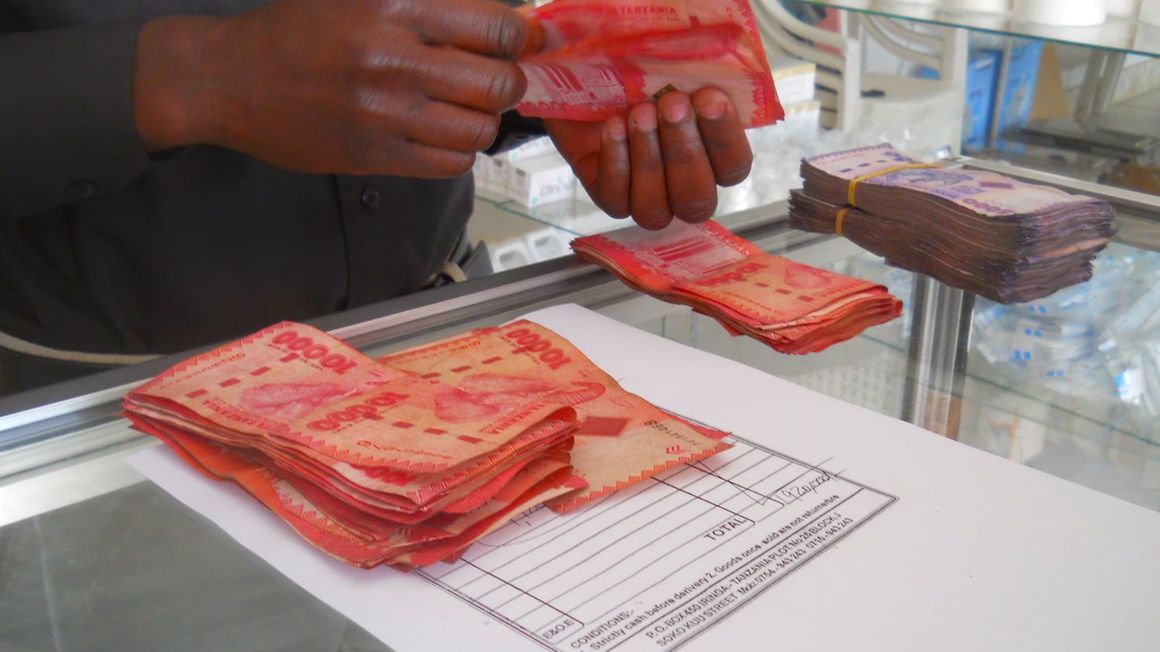
Dar es Salaam. The impact of the Covid-19 pandemic may have been played down in the past. However, available data shows that it has had devastating outcomes on a number of economic aspects.
In Tanzania, for example, growth of commercial banks’ credit to the private sector - which had started to improve in 2017 after the government shifted its money from commercial banks to a Single Treasury Account in 2016 - was at its three-year low during the first quarter of 2021.
According to the quarterly economic bulletin of the Bank of Tanzania (BoT), growth of credit to the private sector by commercial banks dropped to 2.3 percent in March 2021, largely due to the impact of the Covid-19 pandemic on demand and supply of various products.
“The pandemic-related impact disrupted demand and supply channels of some of the economic activities, particularly those directly exposed to external sector shocks,”
In the first quarter of 2020, the bank reported an 8.6 percent growth rate, while in the 2019 first quarter the growth was at 9.6 percent.
The last time the bank reported a growth that was below two percent was in 2018, when the private sector credits was at low, but positive at 1.1 percent.
The 2018 sluggish growth was then attributed to the cautious behaviour on lending by banks due to the burden of the increasing non-performing loans.
Banks became cautious in their lending behaviour due to a tight liquidity that was partly occasioned by the transfer of close to Sh1 trillion owned by government organisations from commercial banks to a Single Treasury Account at the BoT.
In this year’s first quarter, economic activities that registered negative growth rates of included building and construction, trade, agriculture, manufacturing as well as mining and quarrying.
Credit to the Construction sector registered a negative growth of -11.9 (minus 11.9) percent while that of trade was at -10.3 (minus 10.3) percent whereas that of agriculture was at -8.1 (minus 8.1) percent.
Credit to the manufacturing sector grew by negative 6.5 (minus 6.5) percent while credit to the mining and quarrying sector grew by -2.4 (minus 2.4) percent.
“Economic activities that recorded positive credit growth include personal activities, representing lending by banks to micro, small and medium enterprises,” the central bank revealed
In what could explain the fact that investors in the accommodation sector have started to renovate their facilities - doing so in the hope of recovery - hotels and restaurants came second in the growth of commercial banks’ credit to the private sector.
Credit to the sector grew by 7.9 percent while credit to the transport and communication it grew by 2.7 percent.
However, the central bank expressed optimism that as the global economy is recovering from the pandemic woes, credit growth is also expected to increase proportionally.
The impact of the pandemic may also have been felt by the government because a slowdown in economic activities translates into a slowdown in revenue collections, including non-tax revenues and grants.
Income taxes dropped to Sh1.41 trillion, from the Sh1.63 trillion in the first-quarter of 2020 (Q-1/2020).
In the same period, non-tax revenues dropped to Sh691.4 billion - from Sh911.8 billion - while tax revenues fell to Sh247.6 billion from Sh303.9 billion.
In terms of grants from donors, the country received less in the first quarter of 2021 as Sh123.7 billion was received, which is significantly lower than Sh359.4 billion that was received in 2020 Q1.
This could partly explain the fact that the country’s development partners also had their own Covid-19 challenges to work on back at home and thus shifting part of what they would help developing countries back to their own obligations at home.
On another note, the government was able to slightly increase its resource from taxes on import and on the local goods and services.
The government was able to collect Sh1.49 trillion on import taxes higher than Sh1.46 trillion collected in the quarter ending March 2020.
From taxes on local goods and services the government collected Sh950.7 billion in 2020 first quarter of 2020, an increase from Sh906.1 billion in 2020.





No comments :
Post a Comment